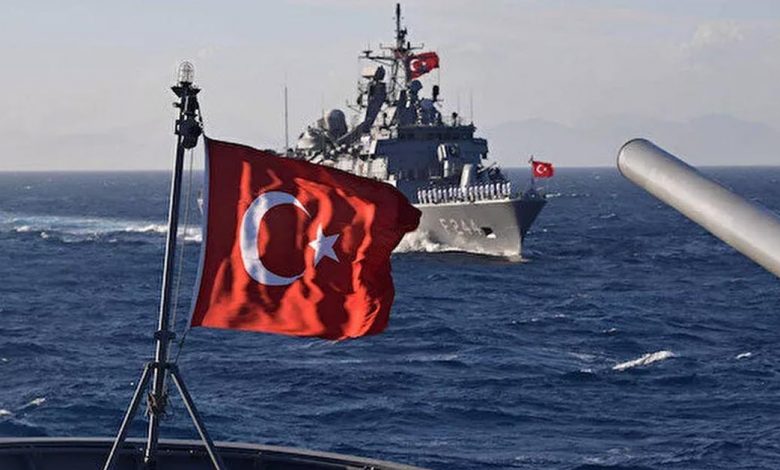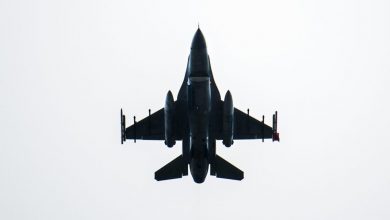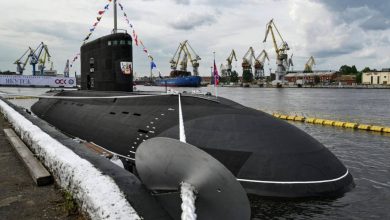Analysis: Türkiye’s role as a geostrategic actor

Over the course of the past two decades, Türkiye has become a geostrategic player in its own right with both the resources and the will to shape events beyond its borders
In his well-known book The Grand Chessboard, Polish-born American geostrategist Zbigniew Brzezinski defined geostrategic players as “the states that have the capacity and the national will to exercise power or influence beyond their borders in order to alter –to a degree that affects America’s interests– the existing geopolitical state of affairs.” He identified five active geostrategic players in Eurasia in the late 1990s: Russia, China, India, Germany and France.
Brzezinski then defined a second set of actors. These were geopolitical pivots which were “the states whose importance is derived not from their power and motivation but rather from their sensitive location and from the consequences of their potentially vulnerable condition for the behavior of geostrategic players.” Their importance was shaped by geography and they were significant in “defining access to important areas or in denying resources to a significant player.” He identified Türkiye, Iran, Ukraine, Azerbaijan and South Korea as geopolitical pivots. He further added that both Türkiye and Iran were also “geostrategically active.”
Brzezinski’s landmark book was a required reading for generations of international relations and political science students in many parts of the world for years. Yet, much has changed since The Grand Chessboard was published 25 years ago.
Türkiye is now a geostrategic player
Now, it is clear that Türkiye is no longer simply a geopolitical pivot that is also “geostragically active.” Over the course of the past two decades, Türkiye has become a geostrategic player in its own right with both the resources and the will to shape events beyond its borders. With a unique geography surrounded by four seas and access to neighbours from the Balkans to the Caucasus to the Middle East, Türkiye is well-positioned to project its influence abroad. Examples of this abound.
On the diplomatic front, Türkiye’s diplomatic representation abroad is one of the world’s largest. According to a report by Anadolu Agency from 2018, Türkiye had 239 foreign missions which placed it among top five states after the US, China, France and Russia.
The best known recent example where Türkiye deployed its diplomatic skills in a global issue was the grain corridor deal reached last summer. On 22 July, in Istanbul, an agreement was signed between Russia and Ukraine for the export of grain stuck in Ukraine to the world market. Mediated by Türkiye and the UN, the deal which will ease the global food crisis came as a relief to many around the world.
Over the past several years, Türkiye has boosted its power projection capability. In late 2017, Türkiye opened a military base in the Somali capital of Mogadishu. This is the largest Turkish base abroad and provides the country with a strategic presence in the Horn of Africa. Türkiye also has a significant military presence in Qatar. Opened in 2019, the new military base is Türkiye’s first in the Middle East. Türkiye has trained Qatari security forces and is scheduled to deploy security personnel ahead of the World Cup later this year.
In conflicts across different continents, Türkiye’s Bayraktar drones have revolutionized the warfare. What was a burgeoning industry a decade ago has produced one of the country’s best known innovations globally. From Syria to Libya, the drones have played a significant role in shaping outcomes on the battlefields. Türkiye’s defense products are now sought-after, providing the country with additional leverage. A growing number of countries are now keen to purchase the drones. The sheer number of international and regional media reports on Bayraktar published over the past few years are a testament to growing interest in the product.
In addition to augmenting its hard power, Türkiye has also promoted its soft power far beyond its borders. The country has invested significant resources in Anadolu Agency and TRT World in a bid to reach global audiences. Having both media outlets with reporting in English enables Türkiye to exercise soft power in a way that other geostrategic players have done previously. For instance in Bosnia, local media outlets frequently cite Anadolu Agency and TRT reporting reflecting the reach of these media platforms beyond Türkiye’s borders.
In sum, twenty-five years ago, Türkiye was a geopolitical pivot in the view of one of America’s most influential geostrategic thinkers. Now, it is clear that Türkiye has become a geostrategic player in its own right.
Source: AA





